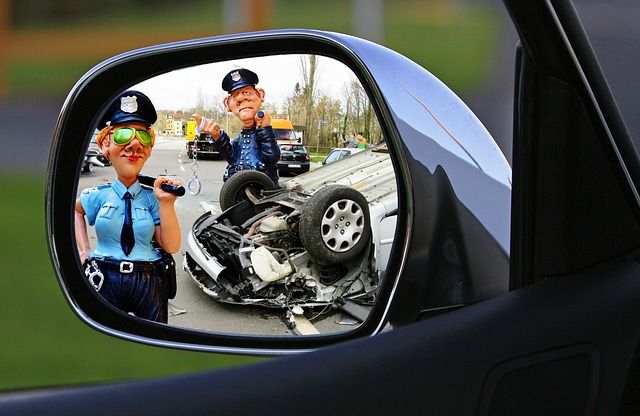For a quick overview, just watch the video. We got you covered!
A police officer power to pull over a motor vehicle is derived from the Highway Traffic Act (HTA) and the common law. The HTA allows police officers acting in the lawful execution of their duty to require the driver of a vehicle to stop in order to achieve road safety. When a police officer signals a driver to stop they are required by law to immediately come to a safe stop and remain stopped until permitted by the police officer to leave.
When stopped the police officer is allowed to collect driver information including the driver’s name, date of birth and address. The officer may ask to examine the driver’s licence, and the vehicle’s insurance certificate and registration card and any other document respecting the vehicle that the police officer considers necessary. The officer may inspect the vehicle’s mechanical condition to determine if it is safe to drive.
A police officer may pull over a vehicle to ensure road safety.
Being concerned for highway safety, the officer is also permitted to ask the driver about his or her physical or mental condition that may affect driving ability. The officer may request information from the driver about whether and to what extent the driver has consumed alcohol or drugs before or while driving. The officer may demand the driver provide a breath sample into an approved screening device. The screening device will provide a “pass”, “warning”, or “fail.” If the driver fails, the officer can demand the driver provide another breath sample which will be used to measure the alcohol concentration in the driver’s blood. If the officer suspects a drug in the driver’s body, the officer may demand the driver provide an oral fluid sample. If the result of the oral fluid sample tests positive for a drug, and the officer observes signs of impairment, the officer can demand the driver provide a blood sample to determine the concentration of the drug in the driver’s body.
When pulled over, the police officer is not required to inform the driver of his or her right to counsel, or to give the driver the opportunity to consult counsel, before collecting a breath sample for an approved screening device or saliva, and inspecting the vehicle.
Deterrence is an important aspect of the random routine check.
In addition to checking the sobriety of the driver, the police may check if the driver’s licence is suspended. The court imposes driving suspension for driving offences to ensure that society is protected. Random checks allow the police to enforce licence suspensions as an effective means of punishment. A real element of risk of detection of driving by unlicensed drivers is necessary for the suspension of a licence to be an effective remedy. Thus, random stops supply the only effective deterrent.

